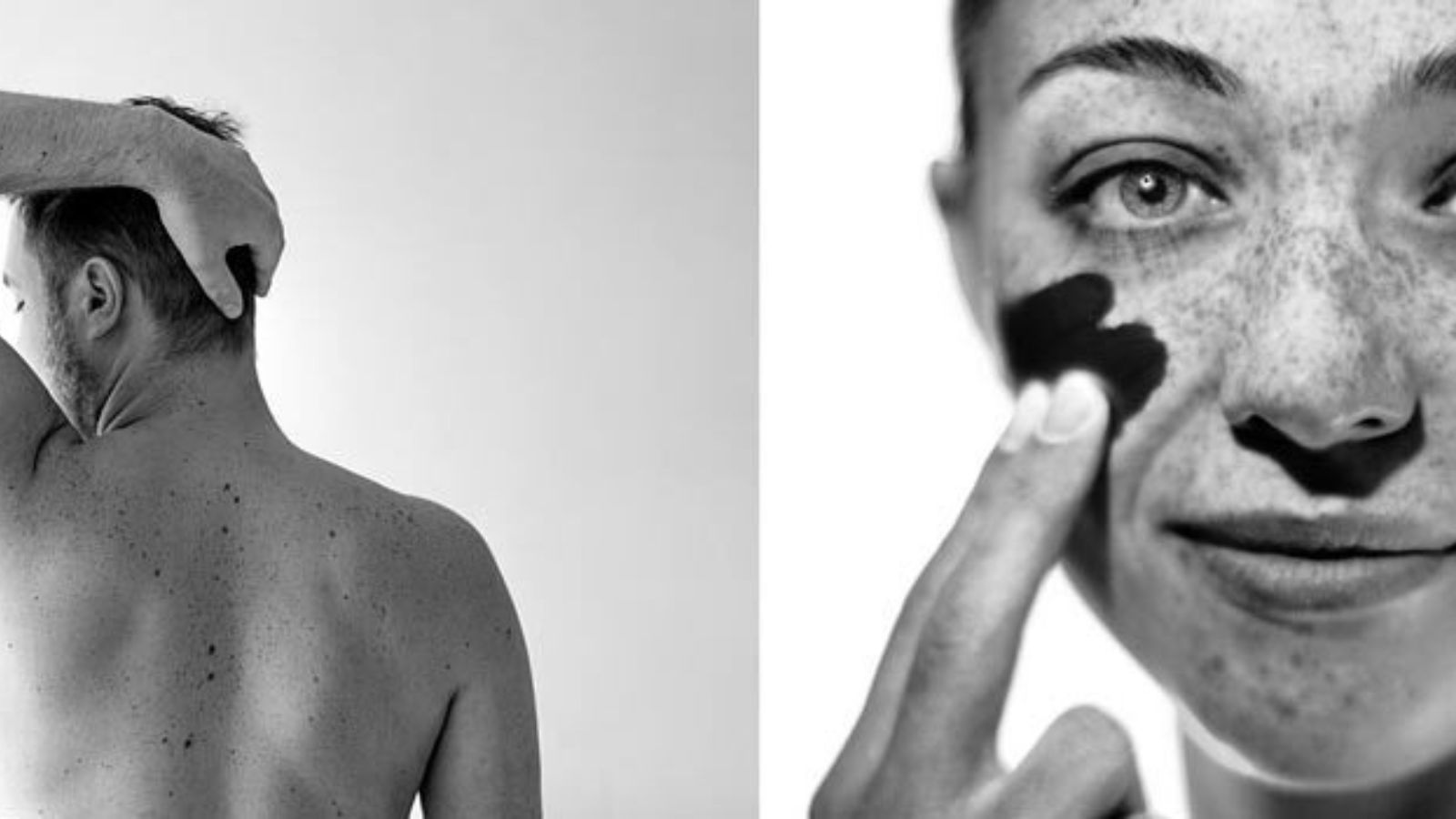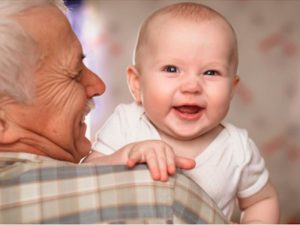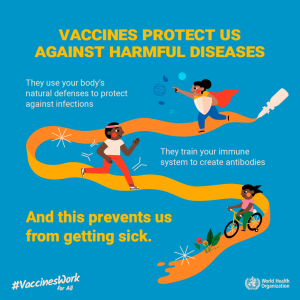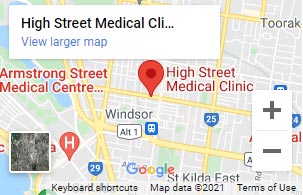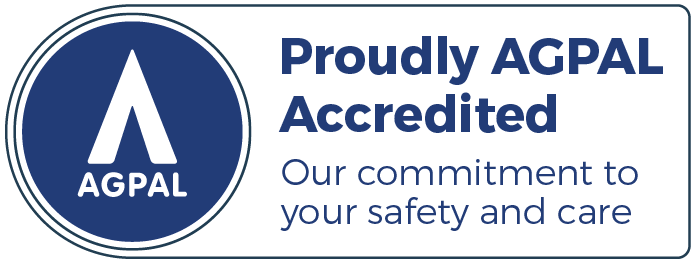Australia has the highest incidence of skin cancer worldwide. It is our most common type of cancer. Every 2 in 3 Australians are diagnosed with skin cancer by the age of 70.
As we enter into Summer and spend more time in the sun, it is crucial to be aware of the risks and how to protect yourself. You are at risk of developing skin cancer at any age; however, it is most common in people aged in their 40s and 50s; those with a history of skin cancer and with fair skin are at most risk.
In Australia, men are twice as likely to be diagnosed with skin cancer. This is due to several reasons:
- Men use less sun protection than women.
- They are less vigilant when it comes to skin checks.
- Statistically, men spend more time outdoors than women in work and activity, particularly during peak UV times of the day, which fall between 10 a.m. and 3 p.m.
The importance of a yearly skin check
A skin check is a comprehensive skin assessment conducted annually for signs of skin cancer. Having these regular skin checks is essential to protect you from melanoma. Skin checks can pinpoint early signs of melanoma before it advances. The GPs at High Street Medical Clinic specialise in skin cancer diagnosis and treatment. If you suspect any new spots have emerged or have concerns about any moles, do not hesitate to make an appointment with us.
Know your skin
It is important to be familiar with your skin and know what is normal. We recommend patients perform self-skin checks to notice any changes that may occur. Skin cancers are more often diagnosed by being seen rather than felt; they are rarely painful.
We recommend getting in the regular habit of checking your skin for spots and changes to any existing moles or freckles.
The best time to perform a self-skin check is before or after a shower. While undressed, stand in front of a full-length mirror, and begin checking your entire body for spots from head to toe. Ensure you include the following:
- Your face and ears
- Scalp and neck
- Shoulder and arms (front and back as well as your armpits)
- Hands and palms, between your fingers and fingernails
- Legs (front and back)
- Between your toes and soles of your feet
You can ask your partner to check your back or places you can’t see clearly. Alternatively, you can use a handheld mirror to check.
You are looking for:
- Moles that have increased in size
- New moles and freckles
- Irregular spots
- A spot that has changed colour
- Moles that itchy or painful
- Moles that bleed
Sun safety and protection
- Use a broad-spectrum, water-resistant SPF30+ sunscreen 20 minutes before going outdoors. Reapply every two hours.
- Wear a hat to protect your face, neck, head (scalp) and ears.
- Avoid the sunshine where possible (i.e. sit in the shade).
- Wear sunglasses to protect your eyes and sun-protective cloth.
- Implement sunscreen into your daily skincare routine.
If you would like to make an appointment for a skin check at HSMC, please give the reception team a call on (03) 9510 5500.
More information on skin cancer can be found here.

